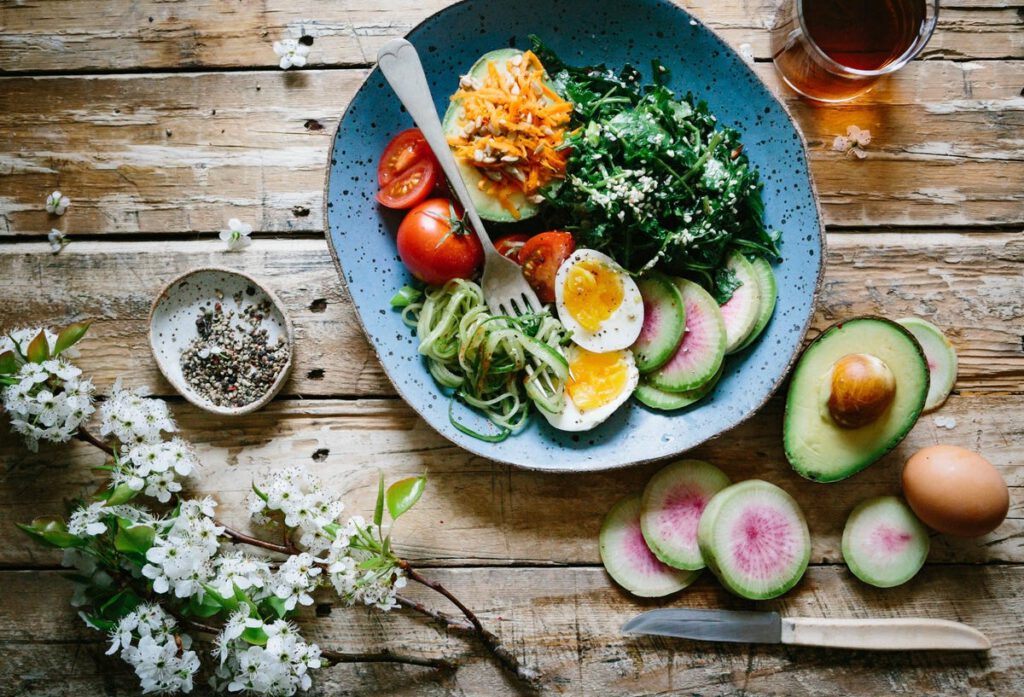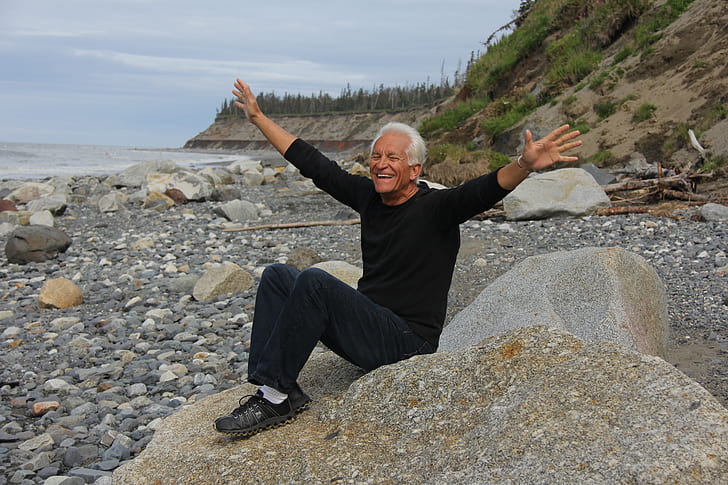Hey there, are you ready to embark on a journey to better health? Transitioning to a plant-based diet after 60 can be a transformative experience, and I’m here to guide you through every step of the way. Let’s dive in!
Introduction
Transitioning to a plant-based diet can seem daunting, especially later in life. I remember the moment I decided to make the change. It was after years of battling health issues like arthritis and allergies, despite my rigorous gym routine and high-protein diet. One day, I realized there had to be a better way. That’s when I discovered the power of plants and never looked back.
What is a Plant-Based Diet?

First things first, what exactly is a plant-based diet? Contrary to popular belief, it’s not just about salads. It’s a way of eating centered around fruits, vegetables, whole grains, nuts, and seeds. You can choose to go vegetarian, vegan, or adopt a whole-food plant-based diet—whatever suits your lifestyle and preferences.
Benefits of Plant-Based Eating for Seniors
Now, why should you consider going plant-based? Well, the benefits are tremendous, especially as we age:
- Improved Heart Health: Plant-based diets are linked to lower cholesterol levels and reduced risk of heart disease.
- Enhanced Digestive Health: More fiber from plants means better digestion and bowel health.
- Increased Energy: You’ll find yourself with more energy throughout the day, thanks to nutrient-dense plant foods.
Getting Started
So, you’re ready to make the change—fantastic! Here’s how to get started:
Preparing Your Mindset
Transitioning to any new diet requires a shift in mindset. It’s okay to have concerns, but remember, this is about improving your health and well-being. Set realistic expectations and take it one step at a time.
Consulting Your Doctor
Before making any dietary changes, it’s crucial to consult your doctor, especially as a senior. They can address any nutritional concerns and help you plan a balanced plant-based diet that meets your needs.
Transitioning Gradually
Don’t rush it! Start by incorporating more plant-based foods into your meals. Swap out meat for beans or tofu, and experiment with new vegetables and grains. Your taste buds will thank you!
Building a Plant-Based Plate

Now, let’s talk about what your plate should look like:
Key Nutrients to Focus On
As we age, certain nutrients become even more important. Make sure you’re getting enough calcium, vitamin D, and omega-3 fatty acids. Plant-based sources like leafy greens, fortified plant milks, and flaxseeds are excellent choices.
Sample Meal Plan for Seniors
Here’s a simple meal plan to get you started:
Breakfast
- Overnight oats with berries and almond milk
- Whole grain toast with avocado
Lunch
- Quinoa salad with mixed vegetables and chickpeas
- Fresh fruit salad
Dinner
- Stir-fried tofu with brown rice and broccoli
- Baked sweet potato with black beans
Snacks
- Mixed nuts
- Hummus with carrot sticks
Overcoming Challenges
No journey is without its challenges, but with a plant-based diet, you can overcome them:
Dealing with Social Situations
Eating out or attending family gatherings can be tricky at first. Choose restaurants with plant-based options or offer to bring a dish to share. Most people are supportive once they understand your reasons.
Managing Potential Health Concerns
Concerned about getting enough protein or vitamin B12? Plant-based diets can provide all the nutrients you need with proper planning. Supplements can also be helpful, so talk to your doctor about what’s right for you.
Staying Motivated and On Track
Here’s how to maintain your momentum:
Finding Support
Join a local or online community of plant-based eaters. Share recipes, tips, and success stories. It’s inspiring to see how others have transformed their health through plant-based eating.
Tracking Progress
Keep a journal of how you feel physically and mentally. Notice any improvements in energy levels, digestion, or weight. Celebrate your successes—it’s all part of the journey!
Conclusion
Congratulations on taking the first step toward a healthier you! Remember, starting a plant-based diet after 60 isn’t just about what you eat; it’s about how you feel and the impact you make on your health and the world around you. Embrace this new chapter with enthusiasm and know that you’re making a positive change that will benefit you for years to come.
Resources and Further Reading
- Recommended Books and Websites: Check out “How Not to Die” by Dr. Michael Greger and nutritionfacts.org for evidence-based information.
- List of Doctors and Experts: Dr. Dean Ornish, Dr. Caldwell Esselstyn, and Dr. Neal Barnard are leaders in the field of plant-based nutrition.
- Useful Apps and Tools: Apps like HappyCow and Forks Over Knives can help you find plant-based restaurants and recipes.



